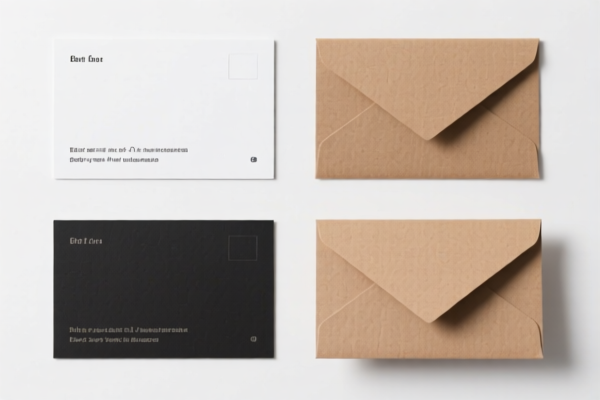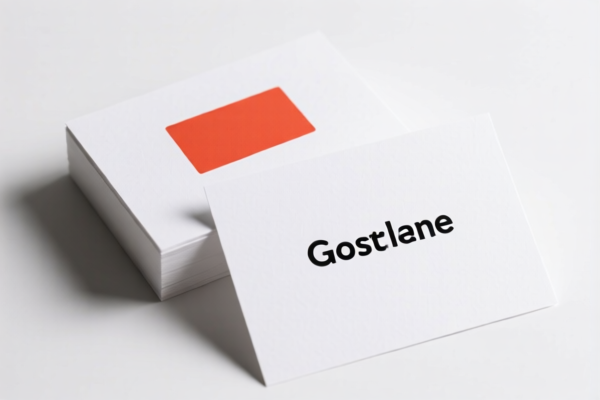| HS Code | Official Doc | Tariff Rate | Origin | Destination | Effective Date |
|---|---|---|---|---|---|
| 9503000090 | Doc | 30.0% | CN | US | 2025-05-12 |
| 9503000071 | Doc | 30.0% | CN | US | 2025-05-12 |
| 9504400000 | Doc | 30.0% | CN | US | 2025-05-12 |
| 4909002000 | Doc | 37.5% | CN | US | 2025-05-12 |
| 4909004000 | Doc | 30.0% | CN | US | 2025-05-12 |
| 4911100080 | Doc | 37.5% | CN | US | 2025-05-12 |
| 4911914040 | Doc | 37.5% | CN | US | 2025-05-12 |
| 3920930000 | Doc | 60.8% | CN | US | 2025-05-12 |
| 3920995000 | Doc | 60.8% | CN | US | 2025-05-12 |




Hand Held Cards
Hand held cards encompass a broad category of physical cards designed to be held and manipulated by hand, serving a diverse range of purposes. They are characterized by their portability and reliance on tactile interaction.
Materials
Cards are constructed from various materials, influencing their durability, feel, and cost. Common materials include:
- Paper Card Stock: The most prevalent material, offering a balance of affordability and printability. Weight (gsm - grams per square meter) varies significantly, affecting card thickness and robustness.
- Plastic (PVC, PET, Polypropylene): Provides increased durability, water resistance, and a smoother finish. Often used for identification cards, membership cards, and collectible cards.
- Cardboard: Used for game cards requiring greater rigidity, often with a coated finish for protection.
- Specialty Materials: Include wood, metal, or textured papers for premium or unique applications.
Purpose & Function
The function of hand held cards is highly variable, categorized by their primary use:
- Identification & Access: Driver's licenses, national ID cards, employee badges, access cards (magnetic stripe, RFID, NFC). These cards verify identity and grant permissions.
- Financial Transactions: Credit cards, debit cards, gift cards, prepaid cards. Used for purchasing goods and services.
- Gaming: Playing cards (standard decks, tarot cards, collectible card games), board game cards. Provide the core mechanics for gameplay.
- Collecting: Sports cards, trading cards, hobby cards. Valued for rarity, condition, and aesthetic appeal.
- Business & Marketing: Business cards, loyalty cards, promotional cards. Facilitate networking, customer retention, and brand awareness.
- Personal Use: Greeting cards, postcards, flashcards. Used for communication, education, or personal expression.
Usage Scenarios
- Retail Purchases: Credit/debit cards are used at point-of-sale terminals, online, and through mobile payment systems.
- Access Control: ID cards and access cards are swiped, scanned, or tapped to enter buildings, secure areas, or events.
- Social Interaction: Playing cards are used in various card games for entertainment and competition.
- Personal Organization: Flashcards are used for memorization and learning.
- Networking & Communication: Business cards are exchanged to share contact information.
Common Types
- Standard Playing Cards: 52-card decks with four suits (hearts, diamonds, clubs, spades) used for a wide variety of games.
- Credit/Debit Cards: Typically made of plastic with magnetic stripes or EMV chips for secure transactions.
- Business Cards: Small cards containing contact information, logo, and company details.
- ID Cards: Government-issued cards verifying identity.
- Membership Cards: Cards granting access to specific organizations or benefits.
- Loyalty Cards: Reward programs offering discounts or benefits to frequent customers.
- Collectible Card Games (CCGs): Trading cards with varying rarity and abilities used in strategic gameplay (e.g., Magic: The Gathering, Pokémon Trading Card Game).
- Tarot Cards: 78-card decks used for divination and spiritual guidance.
- Flashcards: Cards used for memorization, often with questions on one side and answers on the other.
Hand held cards can fall under several classifications depending on their specific nature and intended use. Here are the relevant HS codes based on the provided reference material:
-
9504400000: This code covers video game consoles and machines, table or parlor games (including pinball machines, billiards), special tables for casino games, and amusement machines operated by coins, banknotes, bank cards, tokens, or any other means of payment. Importantly, this code includes playing cards.
- 95: Chapter 95 – Miscellaneous manufactured articles.
- 04: Heading 95.04 – Articles for amusement, including pinball machines, table or parlor games, and other games.
- 400000: Subheading 9504.40 – Playing cards.
-
4909002000: This code specifically covers printed or illustrated postcards; printed cards bearing personal greetings, messages or announcements, whether or not illustrated, with or without envelopes or trimmings: Postcards.
- 49: Chapter 49 – Printed books, newspapers, pictures and other products of the printing industry; manuscripts, typescripts and plans.
- 09: Heading 49.09 – Printed or illustrated postcards; printed cards bearing personal greetings, messages or announcements.
- 002000: Subheading 4909.00.20 – Postcards.
-
4909004000: This code covers printed or illustrated postcards; printed cards bearing personal greetings, messages or announcements, whether or not illustrated, with or without envelopes or trimmings: Other.
- 49: Chapter 49 – Printed books, newspapers, pictures and other products of the printing industry; manuscripts, typescripts and plans.
- 09: Heading 49.09 – Printed or illustrated postcards; printed cards bearing personal greetings, messages or announcements.
- 004000: Subheading 4909.00.40 – Other.
Regarding HS code 4909002000 and 4909004000, the distinction lies in whether the cards are specifically postcards or other types of greeting/message cards.
It is important to note that the total tax rate for HS code 4909002000 is 37.5% (0.0% basic tariff + 7.5% additional tariff + 30.0% additional tariff after April 2, 2025), while the total tax rate for HS code 4909004000 is 30.0% (0.0% basic tariff + 0.0% additional tariff + 30.0% additional tariff after April 2, 2025).
Customer Reviews
No reviews yet.